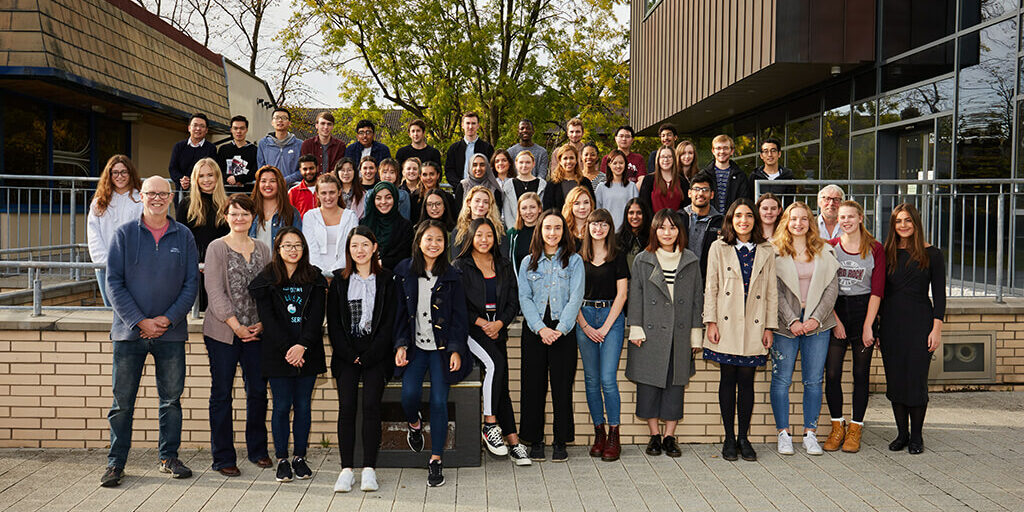The School of Law at the University of Leeds has published its end of grant report summarising the achievements of Cerebra funded research into ‘Delivering legal rights: practical problem solving’. This report summarises the achievements of the Cerebra Legal Entitlements and Problem-Solving (LEaP) Research Project for the period January 2016 – December 2019
The laws of the four nations of the UK place enforceable duties on public bodies to provide education, health and social care support for disabled children and their families. The research evidence suggests that disabled children and their families experience considerable difficulties in accessing these rights and in consequence, in accessing good quality health, social care and educational provision
The Legal Entitlements and Problem-Solving (LEaP) Project is headed by Luke Clements who is the Cerebra Professor of Law and Social Justice at the School of Law, Leeds University. The LEaP project helps families to get the right legal support for their child if they are having difficulty accessing the right services. In summary, its research strands include:
- support for the Cerebra in-house research team that has direct contact with families seeking assistance
- the provision of generic advice
- the development and testing of effective problem-solving approaches for families and their advisers
- the dissemination of its research findings to effect change: change to the systems that cause the problems families commonly experience.
The research undertaken between 2016 – 2019 has been impressive and the findings of direct relevance to all families with disabled children. Taking these findings forward to bring about systemic / structural change is a major challenge for the LEaP project.
It is clear that changing law and policy takes time and the issue of ‘impact’ is central to the project. It follows that although we take on new research programmes each year, we do not lose sight of the need for practical implementation of the findings of previous research studies.
What the research also makes plain is that families with disabled children don’t have single legal problems. At any one time it is likely that they will have many overlapping problems: problems relating to home adaptations, school transport, social care support, health assessments, equipment and therapies and so on. No sooner has one problem been addressed, than a new one will be encountered, to fill its space. The most that we can hope to achieve through the LEaP project is to remove some of these ‘commonly occurring’ problems.
Cerebra and the University have now concluded an agreement for further grant funding, to run from January 2020 to December 2022.









